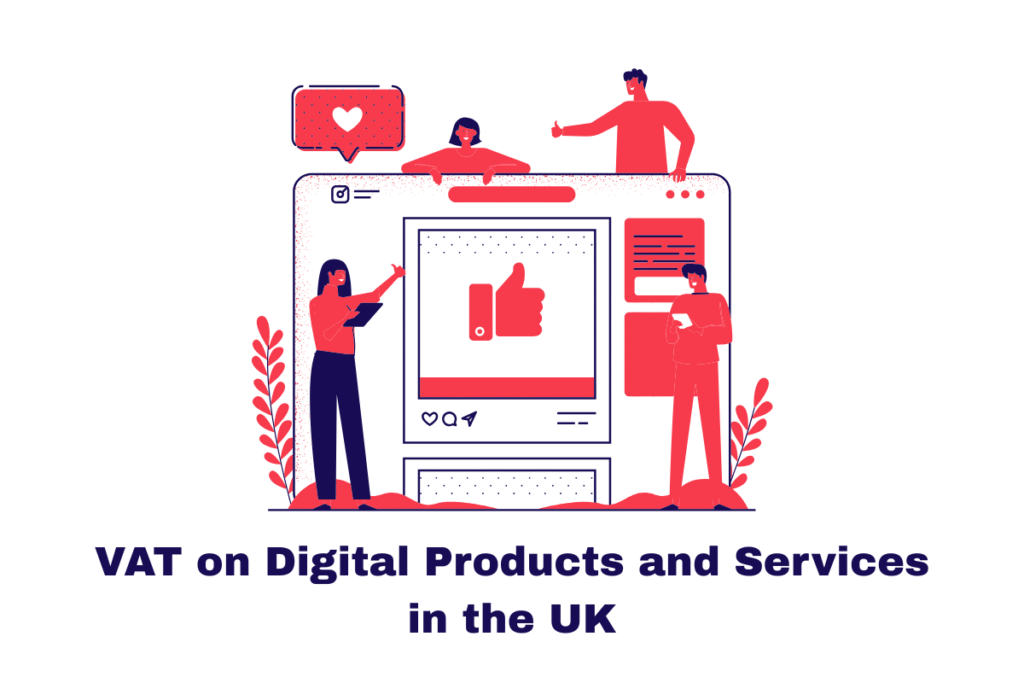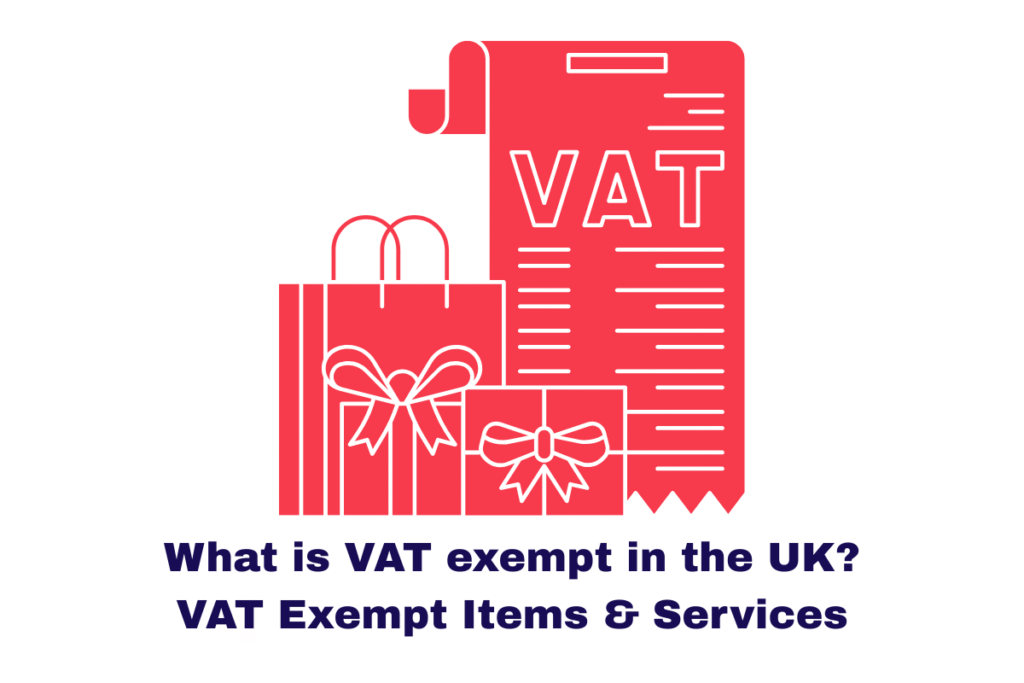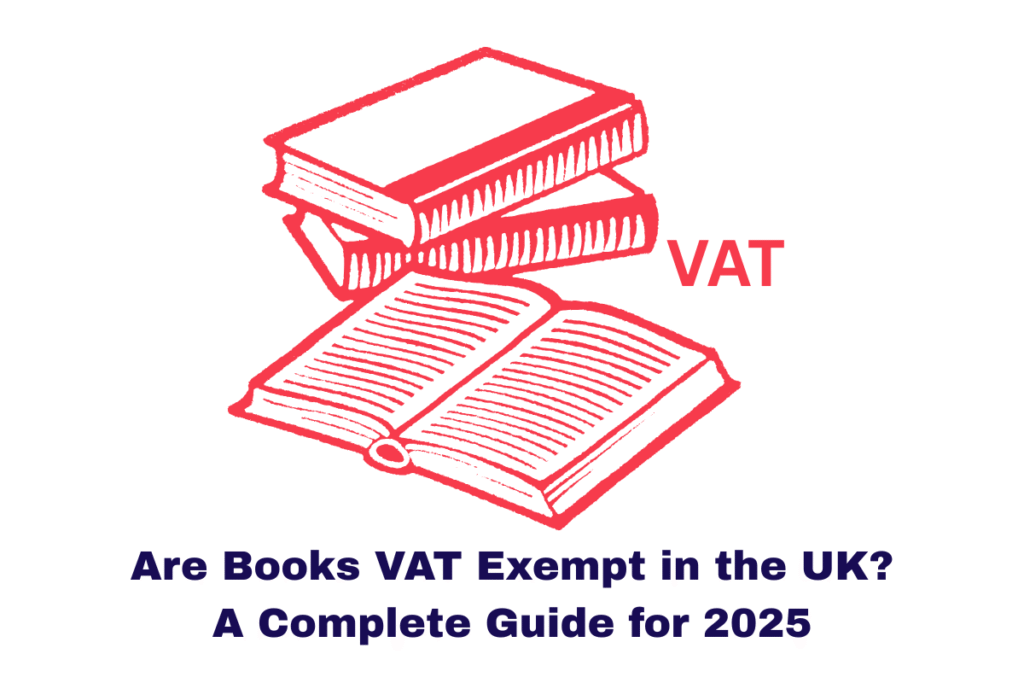As someone actively advising UK businesses on tax matters, one of the most common queries I receive is about VAT on digital products and services. With the rise in online sales, streaming platforms, software subscriptions, and downloadable content, it’s more important than ever to understand how VAT applies to these digital transactions.
This article is a comprehensive guide to VAT on digital products and services in the UK. I’ll break down what qualifies as a digital product or service, when VAT applies, how to register, and how to remain compliant under HMRC regulations.
I’ll also address exemptions, international sales, penalties, and provide helpful links to HMRC and other credible sources.
What is VAT on Digital Products and Services?
In simple terms, VAT on digital products and services refers to the Value Added Tax applied to intangible goods and services delivered electronically. These include e-books, mobile apps, downloadable software, online courses, and cloud storage, among others.
HMRC defines these as “electronically supplied services” .
What makes VAT on digital products different from physical goods is that the transaction and consumption happen entirely online. This complicates how and where VAT is charged.
Why is VAT Charged on Digital Products?
The UK government sees digital goods and services as taxable in the same way as physical products. As these are often delivered instantly and without physical presence, applying VAT helps level the playing field between digital and traditional sellers.
Moreover, with the digital economy booming, the tax system must adapt. As per HMRC, this ensures fair taxation across industries.
What Digital Products and Services Are Subject to VAT?
Here are the most common digital services covered under VAT law:
- Downloadable or streamed software
- Mobile apps
- E-books and online publications
- Video games and in-app purchases
- Online courses and webinars (self-paced)
- Cloud storage and hosting services
- Subscription-based streaming platforms (e.g., Netflix, Spotify)
These fall under the umbrella of “electronically supplied services” when they are delivered with minimal or no human intervention.
Read Our more Detailed Guides on VAT:
Is There VAT on Flowers in the UK?
How to Find VAT Number of a Business?
Is VAT Chargeable on Alcohol in the UK?
Is There VAT on Car Parking in the UK?
VAT Rates on Digital Products in the UK
The standard VAT rate on digital products and services in the UK is 20%. However, there are some key exceptions:
| Digital Product/Service | VAT Rate |
| Downloadable software | 20% |
| Mobile apps | 20% |
| E-books (since May 2020) | 0% |
| Online magazines/newspapers | 0% |
| Live, in-person courses | Exempt |
| Pre-recorded webinars | 20% |
(Source: Gov.uk – VAT rates)
Understanding these rates is crucial for accurate VAT returns.
Who Needs to Register for VAT on Digital Products?
You must register for VAT if your taxable turnover exceeds £90,000 in a 12-month rolling period. This includes sales from digital goods and services.
Even if you’re below this threshold, voluntary VAT registration might be beneficial. It allows you to reclaim VAT on business expenses.
To register, visit the official HMRC VAT registration page here.
How to Register and Comply
If you’re selling digital products or services in the UK, follow these steps:
- Check your turnover – Confirm you’re above the threshold.
- Gather required information – Business details, bank account, and expected turnover.
- Register via HMRC – You’ll receive a VAT registration number.
- Start charging VAT – Add VAT to your digital product pricing.
- File VAT Returns – Use MTD-compliant software like Xero, QuickBooks, or Sage.
Selling to Overseas Customers: What to Know
If you’re selling to EU or non-UK customers, the rules vary:
- For B2C sales to the EU, use the One-Stop Shop (OSS) to simplify compliance.
- For B2B sales, reverse charge rules may apply, especially if the buyer is VAT registered.
More guidance is available on the HMRC website.
VAT Exemptions on Digital Services
Some services are VAT-exempt or zero-rated:
- E-books and online publications – 0% VAT since May 2020.
- Live webinars or in-person courses – May be exempt if educational.
- Certain health-related digital tools – Exempt depending on classification.
It’s always best to consult HMRC or a tax adviser for specific classifications.
Penalties for Non-Compliance
Failing to comply with VAT regulations can be costly. You may face:
- Late registration penalties
- Interest on unpaid VAT
- Fixed and percentage-based fines
Keep accurate records, submit returns on time, and monitor changes in regulations to avoid surprises.
Can I Reclaim VAT on Business Expenses?
Yes. If you’re VAT registered, you can reclaim VAT on:
- Software and tool subscriptions
- Hosting services
- Professional fees (accountants, consultants)
- Digital advertising expensesgov.uk+5gov.uk+5gov.uk+5
Ensure you keep all invoices and use compatible software to track claims.
How VAT on Digital Products Differs from Physical Goods
Digital goods differ because there’s no shipping or a tangible product. This influences the place of supply and tax treatment.
For example:
- Digital services are taxed based on customer location.
- Physical goods are taxed based on the seller’s location (unless distance selling thresholds apply).
Making Tax Digital (MTD) and Digital Services
All VAT-registered businesses must now comply with Making Tax Digital (MTD). This means:
- Using HMRC-approved software for record keeping
- Filing VAT returns digitally
- Keeping digital records for six years
More on MTD requirements: Gov.uk MTDgov.uk
Final Thoughts
Understanding VAT on digital products and services is essential to run a compliant and efficient business in the UK.
- Register for VAT if your turnover exceeds £90,000.
- Use tools like our VAT Calculator and Listen to Taxman Calculator to stay accurate.
- Stay up-to-date with HMRC guidance.
- Consider professional help for cross-border sales or complex products.
Explore Our Tax Calculators
Salary Tax Calculator
Reverse Tax Calculator
Tax Calculator UK
VAT Calculator
Bonus Tax Calculator
Simple Interest Calculator
Payslip Calculator
Dividend Tax Calculator
The content provided on TaxCalculatorsUK, including our blog and articles, is for general informational purposes only and does not constitute financial, accounting, or legal advice.
You can also visit HMRC’s official website for more in-depth information about the topic.




